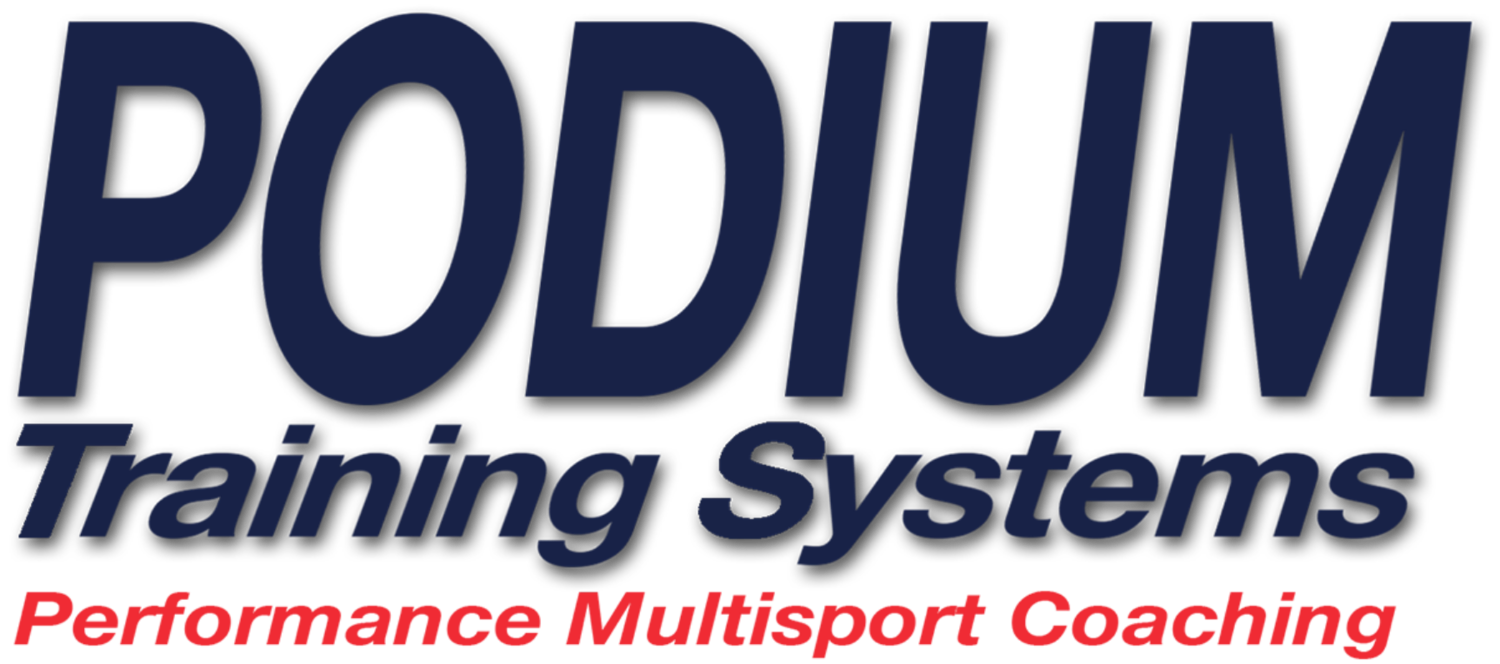We're big fans of fueling and recovering via plant-based nutrition, and utilizing whole foods whenever possible is even better.
For long rides - whether you’re on the road or on your trainer - we've developed our own version of a savory rice cake. The texture is a little softer than your traditional energy bar, so it's easy to chew and swallow. It's full of good whole grains, quality protein, and with the addition of quality micronutrients (Omega-3, Omega-6, and amino acids), this could be your new go-to endurance bar. It also makes a great recovery snack.
It’s a riff on the ever-popular rice cakes recipe. But it’s vegan, and all whole foods.
Podium Training Endurance Cakes
2 cups cooked sweet brown rice
8 oz tempeh bacon
½ cup walnuts
1 tablespoon ground chia seeds
3 tablespoons water
2 tablespoons liquid aminos
2-3 tablespoons maple syrup
Directions:
Cook the rice via your favorite method.
Place the cooked rice in a bowl.
In a food processor mix the tempeh bacon and walnuts. Just a quick, course, chop - we want a little texture here. Transfer to bowl with the rice
Wisk the ground flax seeds and water together. Pour into the rice mixture
Add in the liquid aminos and maple syrup. Mix the ingredients together.
Transfer the rice mixture to an 8 x 8 inch square pan, press out to about 1 ½ inches thick.
Cover and place in refrigerator to cool. Once set, cut into bars and wrap individually.


